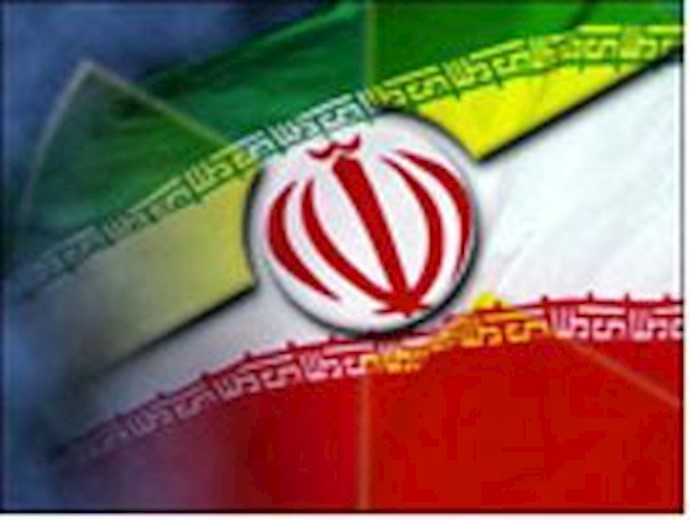Editorial
The Washington Post, January 25, 2011
THE OBAMA administration recently has been boasting of the success of its campaign to impose sanctions on Iran, which is said to have had a significant impact on the country’s economy. But inflicting distress was not the end goal of the policy; the administration’s theory has been that Iran would respond to sanctions by agreeing to serious negotiations about its nuclear program. Consequently, last weekend’s meetings in Istanbul between Iranian representatives and a six-nation coalition can only be seen as a serious setback. Far from softening its long-standing refusal to suspend its enrichment of uranium, Iran refused to bargain with the United States and its allies, and Tehran’s representative declined even to meet with the U.S. member of the delegation. There was no discussion of further talks.
If the regime is indeed feeling threatened by the sanctions, there was little sign of it from its chief negotiator in Istanbul, Saeed Jalili, who struck rhetorical poses aimed at domestic and regional audiences. Mr. Jalili insisted that there could be no substantive discussions unless the United States and its allies met several preconditions, including the lifting of U.N. sanctions. Even the confidence-building measure that Tehran previously has toyed with – an exchange of part of its growing stockpile of enriched uranium for fuel rods in return for a research reactor – was off the table. The best Western diplomats could say about the meeting is that the coalition, made up of the five permanent members of the U.N. Security Council and Germany, had been firm and cohesive in rejecting the Iranian position. Since Iran made no effort to negotiate, this was hardly a significant achievement.
The failed meeting might make it easier for the Obama administration to win support for still more sanctions, though it would probably face an uphill battle in obtaining another Security Council resolution. The bigger question is whether the strategy of seeking to bargain with the regime of Ali Khamenei and Mahmoud Ahmadinejad should be reconsidered. Because it has banked on this approach, the administration has consistently played down U.S. support for the opposition Green movement, which has been dormant in recent months. Yet Mr. Jalili’s behavior in Istanbul suggests that the regime remains more concerned about appearing weak to its domestic opposition than about the consequences of defying the Security Council.
By doing more to support the Iranian opposition, the United States could press the regime where it actually feels threatened. It could also send an important message to Iranians: that the international coalition seeks not to punish them but to weaken the government they despise.
Tehran isn’t talking
RELATED ARTICLES








